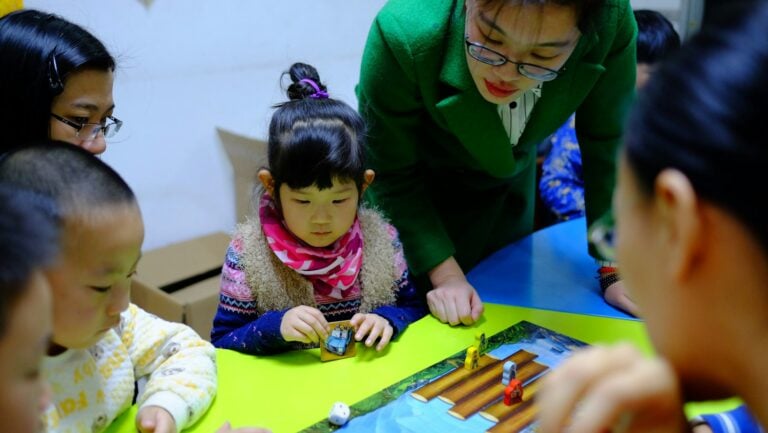May – Green Living: Chemical footprint something to consider
The cleaning products aisle at the grocery store is stacked with tubs, bottles, sprays and wipes, a troop of cleaning agents to make you think that without them you will live in filth. Why aren’t the ingredients listed on the label? What makes these products smell like ocean mist or fresh cotton? Are the chemicals inside safe for your home and family?
Many chemicals developed over the past 50 years and now widely used on a daily basis in everyday household products get into the environment and have harmful effects on human and wildlife health. These effects are not fully understood. Due to this lack of research and information about potentially harmful substances, scientists around the world are researching these compounds that are known as Contaminants of Emerging Concern. Few of these chemicals are regulated or monitored.
As a result of these household cleaning products, trace amounts of chemicals from consumer products are accumulating in downstream water sources. CEC are known or suspected toxins or endocrine disruptors, meaning they interfere with the normal functioning of hormones. They may be linked to mutations and other biological abnormalities in aquatic life and human health risks.
Traditional wastewater treatment does not effectively remove all CEC, allowing their release into the environment even after water has been treated. Scientists have not yet characterized what level of exposure to these suspected toxins and endocrine disruptors is harmful to humans.
The Institute for Environmental Solutions is a Denver-based nonprofit organization dedicated to addressing complex environmental challenges such as this. IES uses sound, independent science to find potential solutions, develop objective evaluation methods, implement strategies and measure and demonstrate costs and effectiveness. IES’s approach emphasizes integration across technical disciplines and inclusion of all potential stakeholders throughout project design and implementation.
IES has developed three courses to help everyday consumers avoid exposure to harmful contaminants by making informed choices. IES will offer their Non-Toxic Cleaning and Living Workshop 6-8 p.m. May 26 in Fort Collins. Participants will learn how to reduce their chemical footprint.
The Non-Toxic Cleaning and Living Workshop teaches easy and inexpensive techniques to clean your home while avoiding chemicals that contaminate the environment and drinking water. Participants will take away recipes for cleaners and a shopping guide for what
ingredients to avoid. IES will demonstrate how to make your own contaminant- free products and find out which commonly used chemicals in some products could be contaminating the water supply. Participants will make and take home two cleaning products.
“The best way to protect both the environment and our health is to not use products that contain harmful contaminants,” said Carol Lyons, IES executive director. “It’s easy to make effective, non-toxic household cleaning products, and it saves money, too.”
Future IES workshops available in Fort Collins will cover Contaminant-Free Grocery Shopping on Oct. 6 and Personal Care Products on Nov. 3. For more information about IES, visitwww.SustainableLivingAssociation.org/workshops


